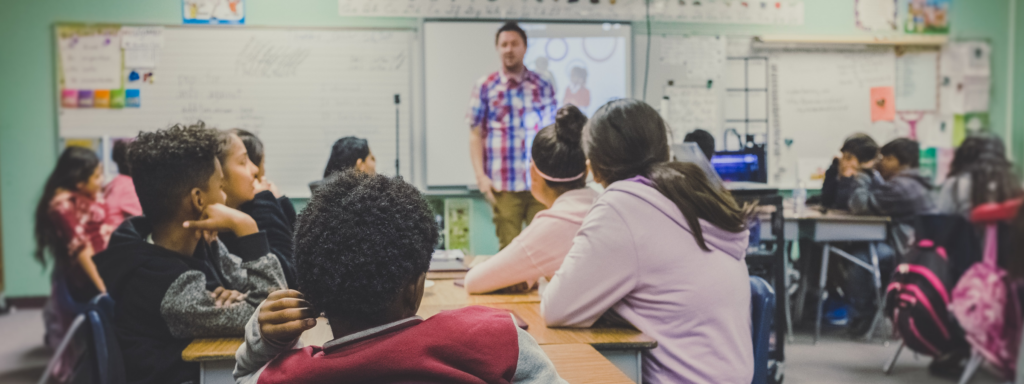
Why data and data literacy should be put on school curriculums.
If you weren’t convinced in January, it was pretty obvious by July that things have gotten really complicated. Headlines careened from the innovation economy, to climate crisis, the COVID pandemic and to racial injustice.
Over half a year on, it is more evident than ever that we’re all in this together. Crazy climate swings impact all of us; a virus can take down the global economy in weeks. These complex times require a new sense of mutuality and, for our youth, serve as an invitation to difference making.
Through writing about some of these essential new skills and competencies I’ve come to a few key takeaways, which I discussed at length with Joe DosSantos in the latest episode of Data Brilliant.
1. Empower difference making: In these complex and confusing times, difference making is the new superpower. It’s the agency and awareness to take action when and where needed. It’s the entrepreneurial mindset to spot opportunity and the design thinking to deliver creative solutions for a community.
School should be an opportunity to learn about the world and learn about yourself – a chance to figure out what you are good at, what you care about, and where you want to begin contributing.
2. Teach computational thinking: Instead of our preoccupation with hand calculation, we should invite young people to address increasingly large and complex problems. We should encourage them to explore the data behind the problem, to model it, and to draw inferences from it. No one working on a real problem in the last 20 years has used long division or factored a polynomial, but we still torture young people with meaningless calculation.
It’s time to invite youth into community connected projects and encourage them to find, collect and analyze data about problems important to them.
3. Promote critical consumption: In the first election cycle at risk from deep fakes and synthetic content, it’s critical that we teach data literacy and critical consumption. It’s time to demand AI transparency.
We are at a zeitgeist moment where we can create our AI to take into account historical errors, rather than creating them with the assumption that things should remain as they’ve been. Without intentionality and discernment, misinformation will continue to follow us and have increasing influence over our day-to-day lives.
4. Measure what matters: For the last 30 years, we’ve tracked grade level reading and math skills, but schools and workplaces need to identify important competencies like critical thinking, problem-solving and collaboration. As it’s these skills that will be important in their future careers and allow them to flex and adapt to different sectors, jobs and situations. We’re beginning to see a number of school districts move in this direction.
This is a collaborative future. Community has never been more important, and, in many ways, the size of our community continues to grow. We are entering a future where we must work together towards common goals and solve problems for the betterment of the human and environmental community.
As Joe and I talked about, to do this, everyone needs to be able to see the data behind every problem and opportunity out there. But this is more than coding skills and technical expertise; it’s about the ability to have an understanding of the problem that’s in front of you. Whose problem is it? How acute is it? And how do I start to make a material impact on that with data? Our effectiveness is as dependent on our ability to really understand the situation and be able to ask the right questions, of the data and of each other – and this is a lesson we all need to learn to make a difference in the world today.